Inspiring inclusion in Africa and Asia
This International Women’s Day, we celebrated changemakers who are driving social, economic, and political empowerment for women and girls.
The challenge: We have seen significant reductions in global poverty since 1990, but not everyone has benefitted equally. Hundreds of millions of women and girls are still poor and remain disproportionately affected by poverty, including unequal access to resources, opportunities, and choices. According to UN women, not a single country in the world can claim to have achieved gender equality. Women and girls continue to face obstacles in law and culture which translate to a world where they are undervalued, work more, earn less, have fewer choices, and experience violence at home and in public.
Our solution: We strive towards a future where gender does not determine status, power to make decisions, or access to resources and services – a world where women, men, girls, and boys can all reach their full potential. We promote gender equality in all of our programs by engaging women and men, girls and boys, to address the underlying beliefs and practices that create and reinforce gender inequalities. We also empower the disadvantaged, whether male or female, to develop confidence and skills and take control over their lives, and invest in institutions and relationships that facilitate an environment that supports gender equality.
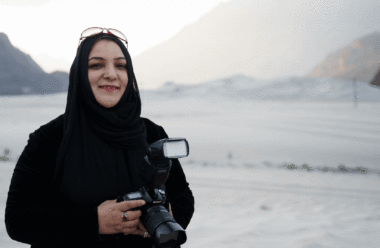
This International Women’s Day, we celebrated changemakers who are driving social, economic, and political empowerment for women and girls.
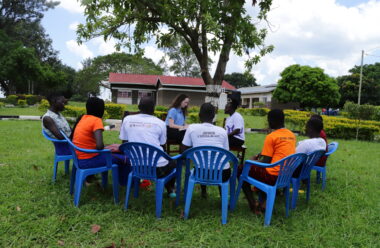
by Victoria Dugdill, who is working as a Gender Equality Fellow in Kampala, Uganda. I had sometimes lamented the fact
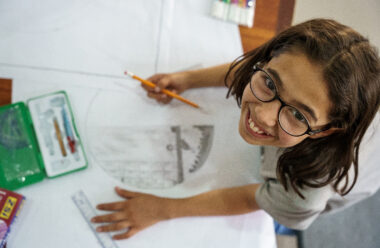
In a region where patriarchal sociocultural norms often limit opportunities for girls and young women, we’re encouraging them to showcase
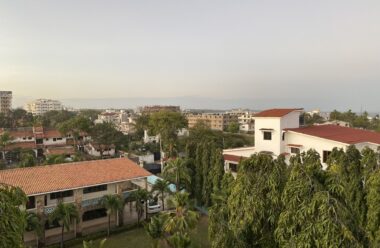
Lauren is currently working as a Gender Fellow at the Centre of Excellence in Women and Child Health East Africa, Aga Khan University.
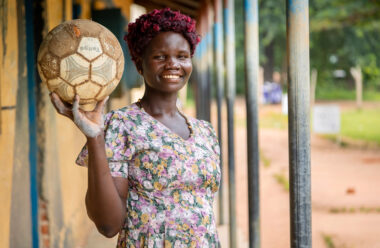
In rural Uganda, a group of dedicated teachers are leveraging the power of the world’s most popular sport transform their school.
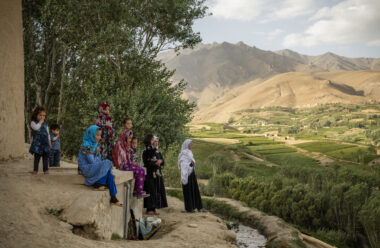
This program aims to improve access to life-saving health, nutrition, water, sanitation, and hygiene services to vulnerable populations across four provinces in Afghanistan.
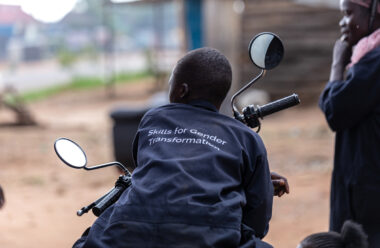
A wrench, a tire pump, a jug of motor oil. In northern Uganda, these are tools for women’s empowerment. In
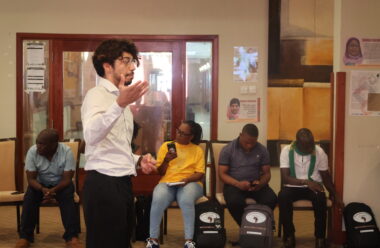
“The first piece of advice I was given was ‘Respect the relationships and networks we have built.’” With a background
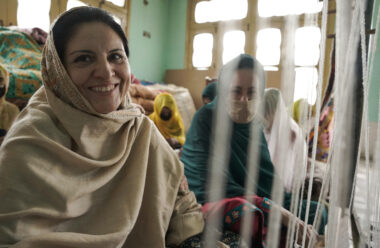
For many women in Pakistan, their participation in the labour force is limited. But thanks to women like Sifat, this is slowly changing.